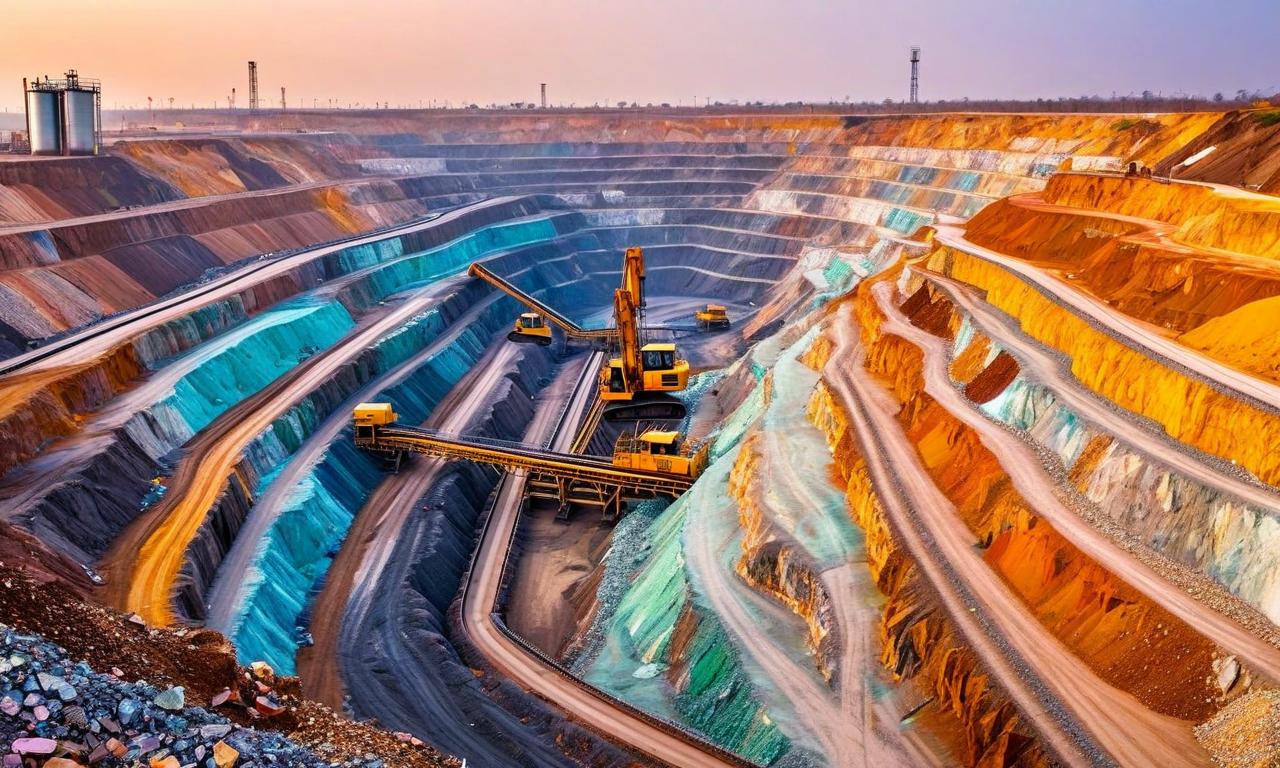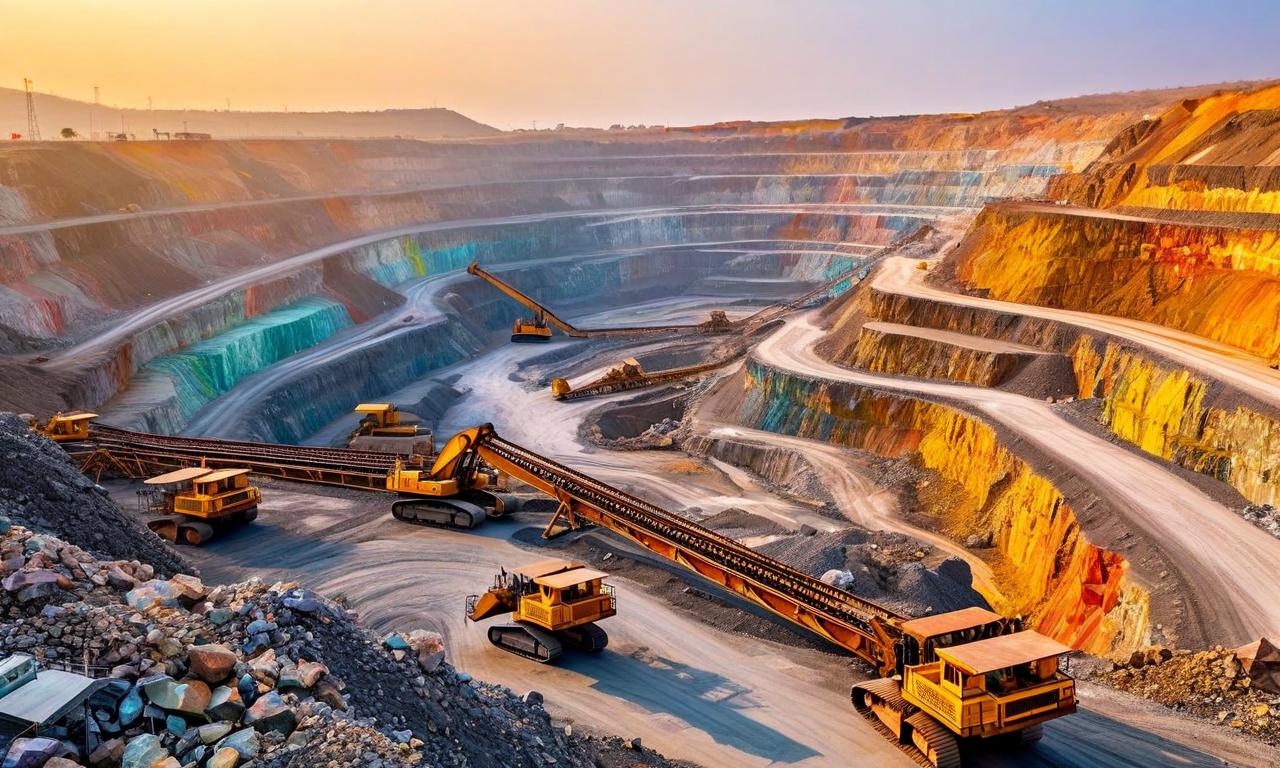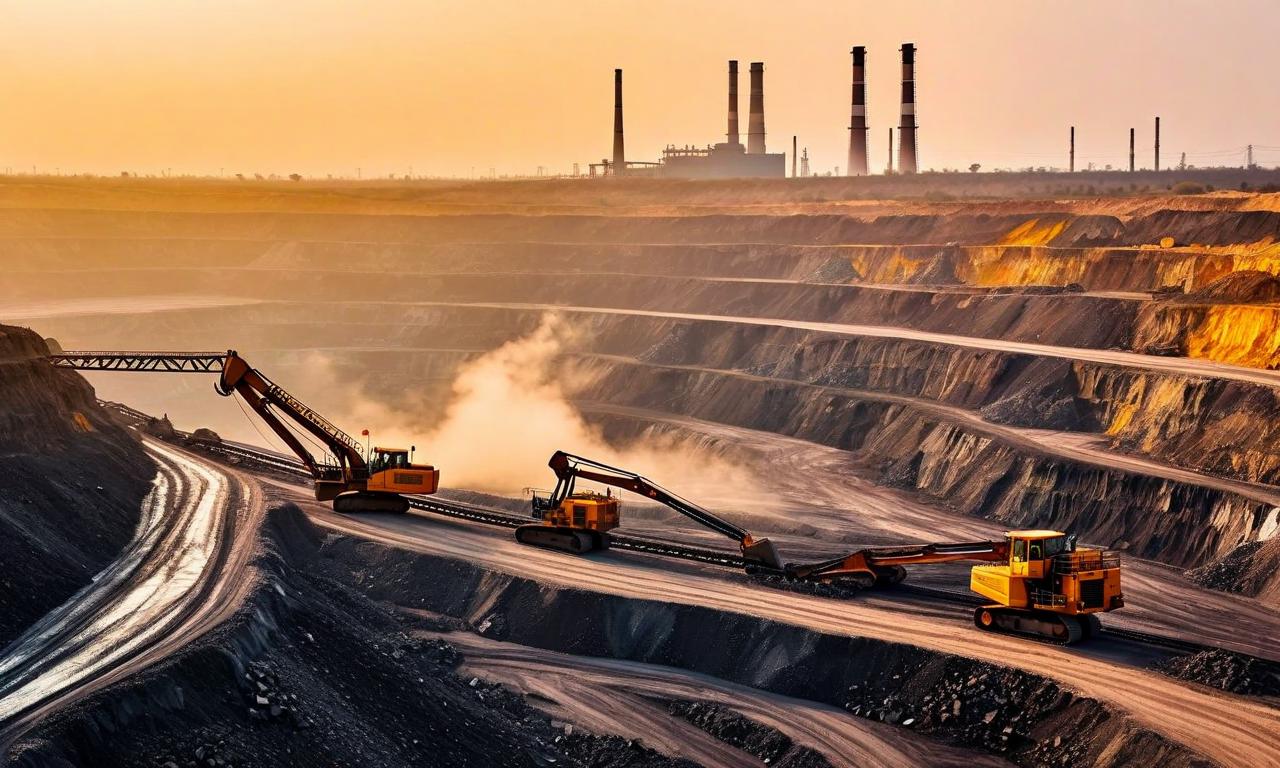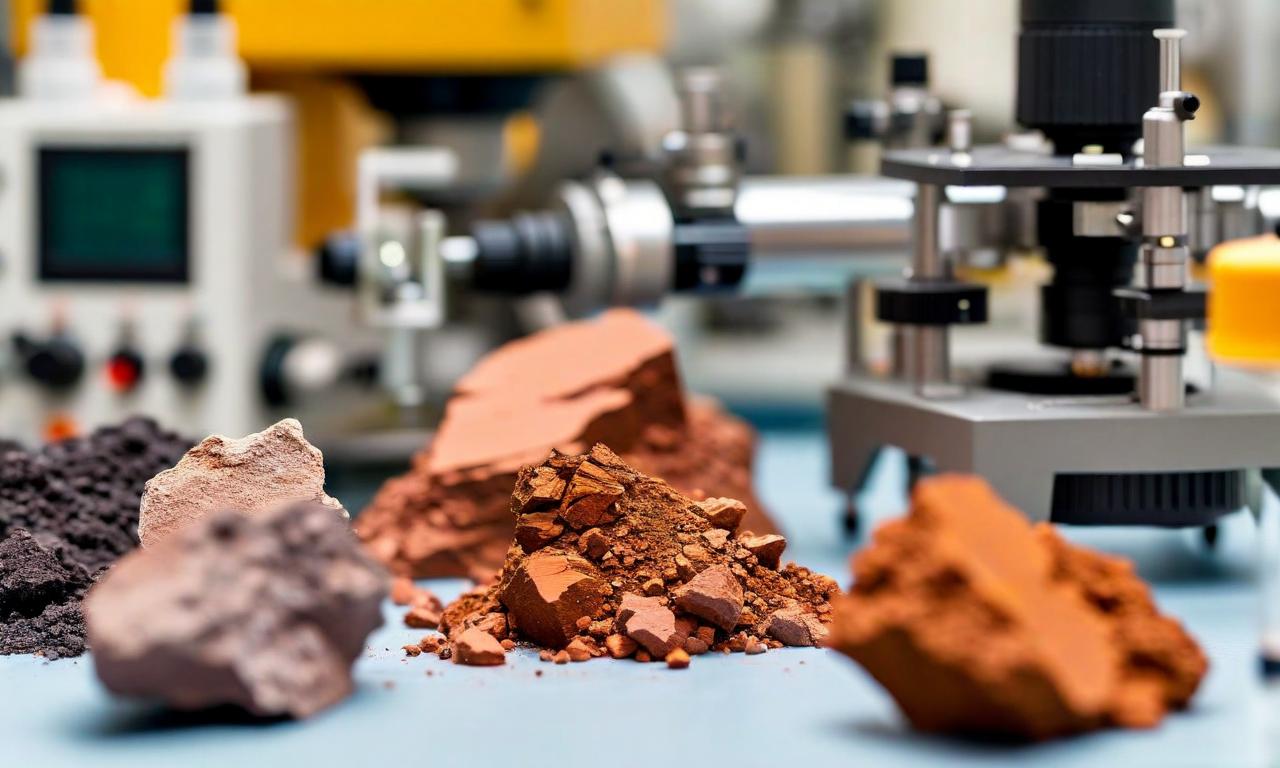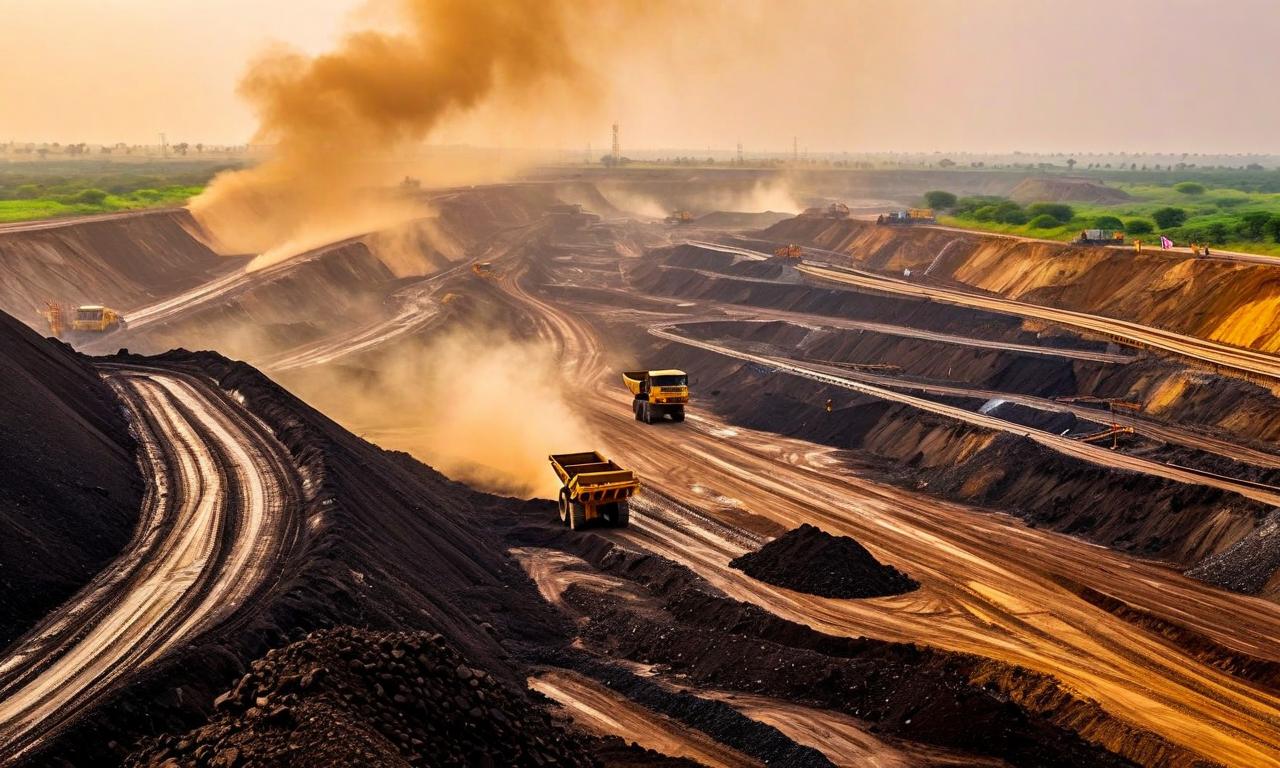Modi Highlights India's Future Role in Global Semiconductor Market
Prime Minister Narendra Modi emphasized India's potential to play a crucial role in the global semiconductor industry. The statement was made in connection with Gujarat Mineral Development Corporation (GMDC), hinting at possible developments in Gujarat's role in India's semiconductor strategy. Modi's remarks underscore India's commitment to becoming a key player in high-tech manufacturing, aiming to attract foreign investment, boost domestic production, reduce import dependency, and create high-skilled jobs. While India faces challenges in developing infrastructure and competing with established semiconductor hubs, the country could leverage its large domestic market and growing tech ecosystem to carve out a niche in the global semiconductor supply chain.
*this image is generated using AI for illustrative purposes only.
Prime Minister Narendra Modi has made a significant statement regarding India's position in the global semiconductor industry, emphasizing the country's potential to play a crucial role in this rapidly evolving sector.
India's Semiconductor Ambitions
In a recent announcement, Prime Minister Modi expressed confidence in India's future contributions to the global semiconductor market. This statement comes at a time when the semiconductor industry is experiencing unprecedented demand and facing supply chain challenges worldwide.
Connection to GMDC
The Prime Minister's remarks were made in connection with Gujarat Mineral Development Corporation (GMDC), suggesting a potential link between the state-owned corporation and India's semiconductor aspirations. While specific details of this connection were not provided, it hints at possible developments in Gujarat's role in India's semiconductor strategy.
Implications for India's Tech Sector
Modi's statement underscores India's commitment to becoming a key player in the high-tech manufacturing sector. The semiconductor industry is crucial for various technological advancements, including:
- Smartphones
- Computers
- Automotive electronics
- Emerging technologies like artificial intelligence and 5G
By positioning India as an essential player in the global semiconductor market, the government aims to:
- Attract foreign investment in high-tech manufacturing
- Boost domestic production capabilities
- Reduce dependency on semiconductor imports
- Create high-skilled job opportunities in the tech sector
Challenges and Opportunities
While India's ambition in the semiconductor industry is clear, the country faces significant challenges, including:
- Developing advanced manufacturing infrastructure
- Building a skilled workforce
- Competing with established semiconductor hubs like Taiwan and South Korea
However, with government support and strategic partnerships, India could leverage its large domestic market and growing tech ecosystem to carve out a niche in the global semiconductor supply chain.
As the semiconductor industry continues to evolve, India's potential role will be closely watched by both domestic and international stakeholders. The coming months and years may reveal more concrete steps towards realizing Prime Minister Modi's vision for India in the global semiconductor market.
Historical Stock Returns for Gujarat Mineral Development Corporation
| 1 Day | 5 Days | 1 Month | 6 Months | 1 Year | 5 Years |
|---|---|---|---|---|---|
| -1.28% | +1.52% | +9.75% | +39.00% | +127.08% | +817.65% |


